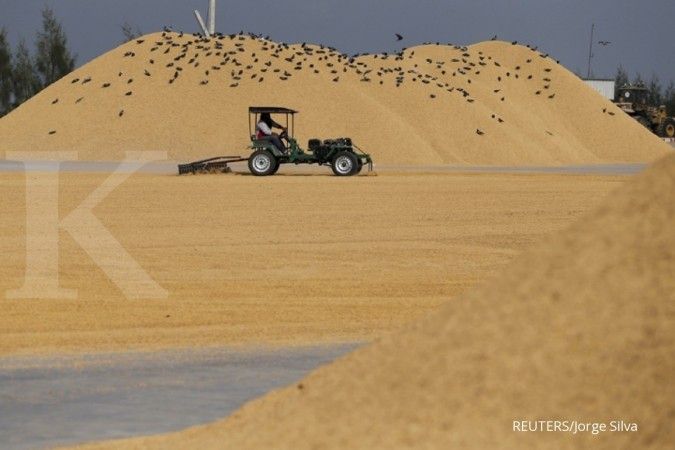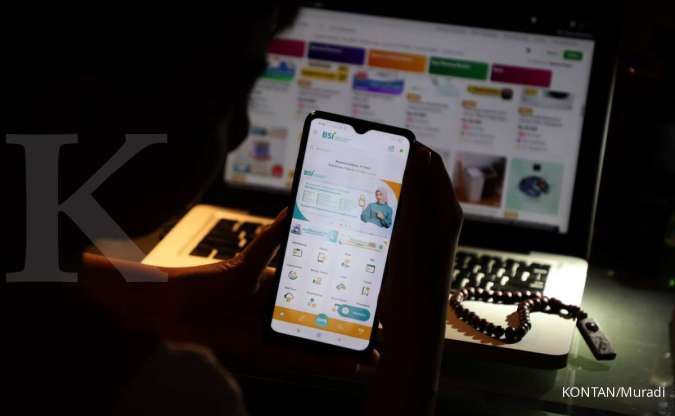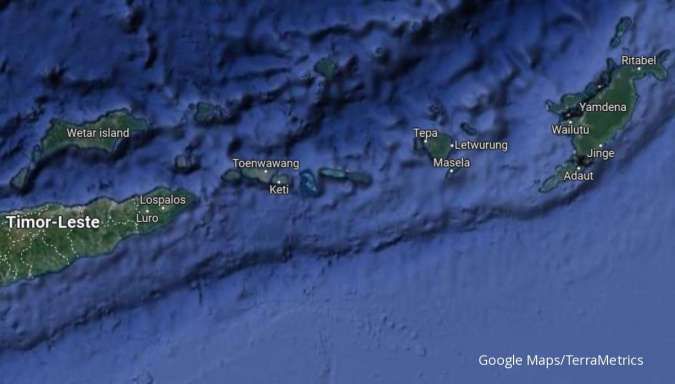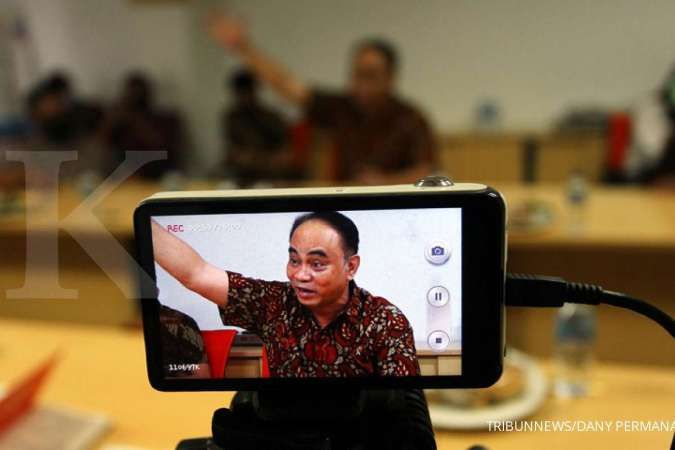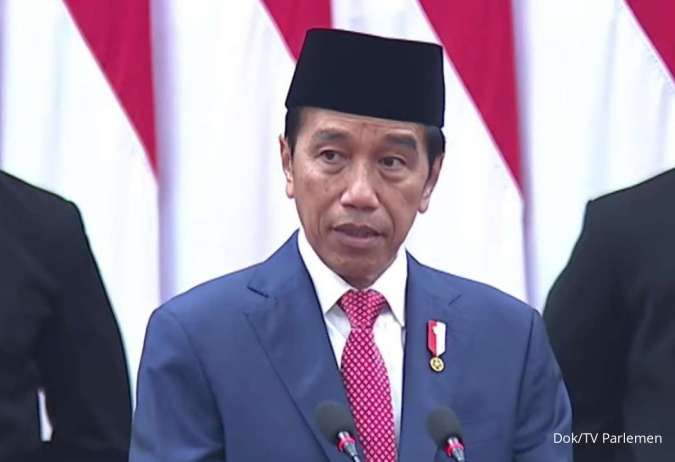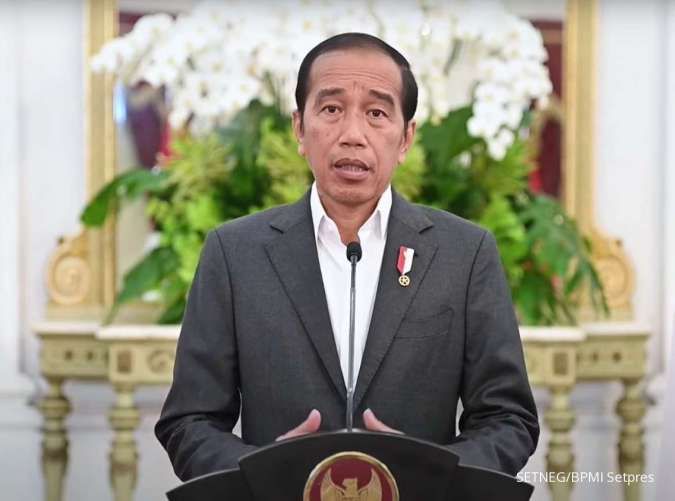MACROECONOMICS - JAKARTA. President Joko Widodo on Monday said Indonesia has sufficient rice stock at home, seeking to allay concerns about supplies as prices of the staple hit multi-year highs due to periods of drought and low output.
Rice prices rose at the fastest pace in over a decade in August, even as the inflation rate remained relatively low. The average climbed as much as 16% from the same month a year earlier to 14,000 rupiah (91 U.S. cents) per kilogram, the highest since at least March 2017, when records began, central bank data showed.
Jokowi, as the president is popularly known, said Indonesia has 1.6 million metric tons of government-owned rice stock in warehouses, with another 400,000 tons of imported supply currently being shipped.
Read Also: Yen Surges on Ueda's Remarks; Dollar Sinks Ahead of US Inflation Print
"Normally we only have 1.2 million tons, now we have 2 million tons. So we do not need to worry," Jokowi said after visiting a warehouse owned by state food procurement company Bulog in Bogor, near the capital Jakarta.
The president launched an 8 trillion rupiah ($520 million) rice assistance programme from the warehouse, under which the government will hand out 640,000 tons of rice to 21.35 million low-income households over three months.
Jokowi said the programme is aimed at shielding low-income households from rising rice prices.
Rice is a staple for most of Indonesia's 270 million people and price movement is politically sensitive, especially ahead of elections due in February.
The National Food Agency estimated drought in parts of the tropical country, worsened by the El Nino weather phenomenon, could shrink rice output by 5% to 7% this year from 31.54 million tons last year.
Read Also: Malaysia Targets at Least 5% Economic Growth Annually Until 2025
Indonesia has authorised 2.3 million tons rice imports this year to blunt the impact of El Nino, but 453,000 tons has yet to be contracted, a Bulog official told a separate coordination meeting on food supply on Monday.
Jokowi, who has just returned from the G20 leaders' summit in India, said he has been talking to countries including Cambodia, China and Bangladesh to seek a standby agreement for future import needs.
Bulog typically imports from major sellers Thailand, Vietnam and India.
/2023/09/11/104310801.jpg)
